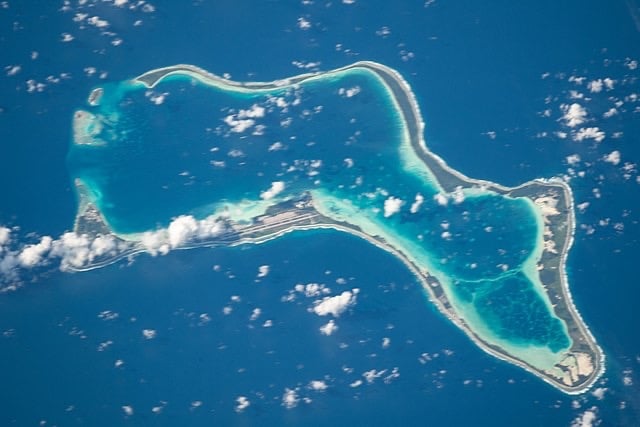In a landmark decision, the UK High Court has lifted a legal injunction that temporarily blocked the British government’s plan to transfer sovereignty of the Chagos Islands to Mauritius. The ruling now gives Prime Minister Keir Starmer the green light to finalize the agreement, ending decades of diplomatic tension over the Indian Ocean territory.
The court decision, handed down by Justice Martin Chamberlain, marks a significant step in resolving one of Britain’s last remaining colonial disputes. “The public interest would be substantially prejudiced by further delay,” Chamberlain stated, affirming the government’s right to manage foreign affairs and treaty negotiations.
Inside the Controversial Agreement Between UK and Mauritius
The deal, which Starmer’s government aims to sign within weeks, will officially transfer legal ownership of the Chagos Archipelago to Mauritius. However, the agreement allows the UK—and by extension, the US—to retain operational control of Diego Garcia, the archipelago’s largest island, under a 99-year lease.
Diego Garcia houses one of the most strategically important US military bases in the world, playing a crucial role in defense and surveillance operations across the Middle East, Africa, and South Asia. Under the terms of the lease, the UK will pay £90 million annually, totaling £9 billion over the term.
Legal Drama Ends as High Court Overturns Injunction
The original injunction was filed by British citizens of Chagossian descent—Bertrice Pompe and Bernadette Dugasse—who argued the government had failed to properly consult with the community most affected by the handover.
Justice Chamberlain acknowledged the moral weight of their claims but emphasized the limits of judicial interference in diplomatic agreements. “Courts are not the forum to rewrite international diplomacy,” he stated, effectively placing responsibility for the Chagossians’ future back in the hands of the executive.
Chagossian Descendants Left Disappointed Again
For the Chagossian community, the ruling was a bitter blow. Many were forcibly removed from the islands by the UK government in the 1960s and 1970s to make way for the Diego Garcia military base. Despite promises of resettlement and justice, they remain scattered across the UK, Mauritius, and Seychelles.
“This is colonialism all over again,” said Pompe, visibly emotional after the verdict. “They’re trading our homeland for money and military power without even asking us.”
Starmer’s Role: A Diplomatic and Political Balancing Act
For Prime Minister Keir Starmer, the Chagos deal represents both a diplomatic triumph and a domestic political risk. He has framed the agreement as a step toward decolonization and international justice, aligning the UK with the 2019 International Court of Justice (ICJ) ruling that declared British control of the islands unlawful.
Yet, critics argue that the decision was rushed and lacking in transparency. Starmer’s careful balancing act—appeasing international law, maintaining US relations, and avoiding backlash from his political base—will likely shape his legacy in foreign policy.



